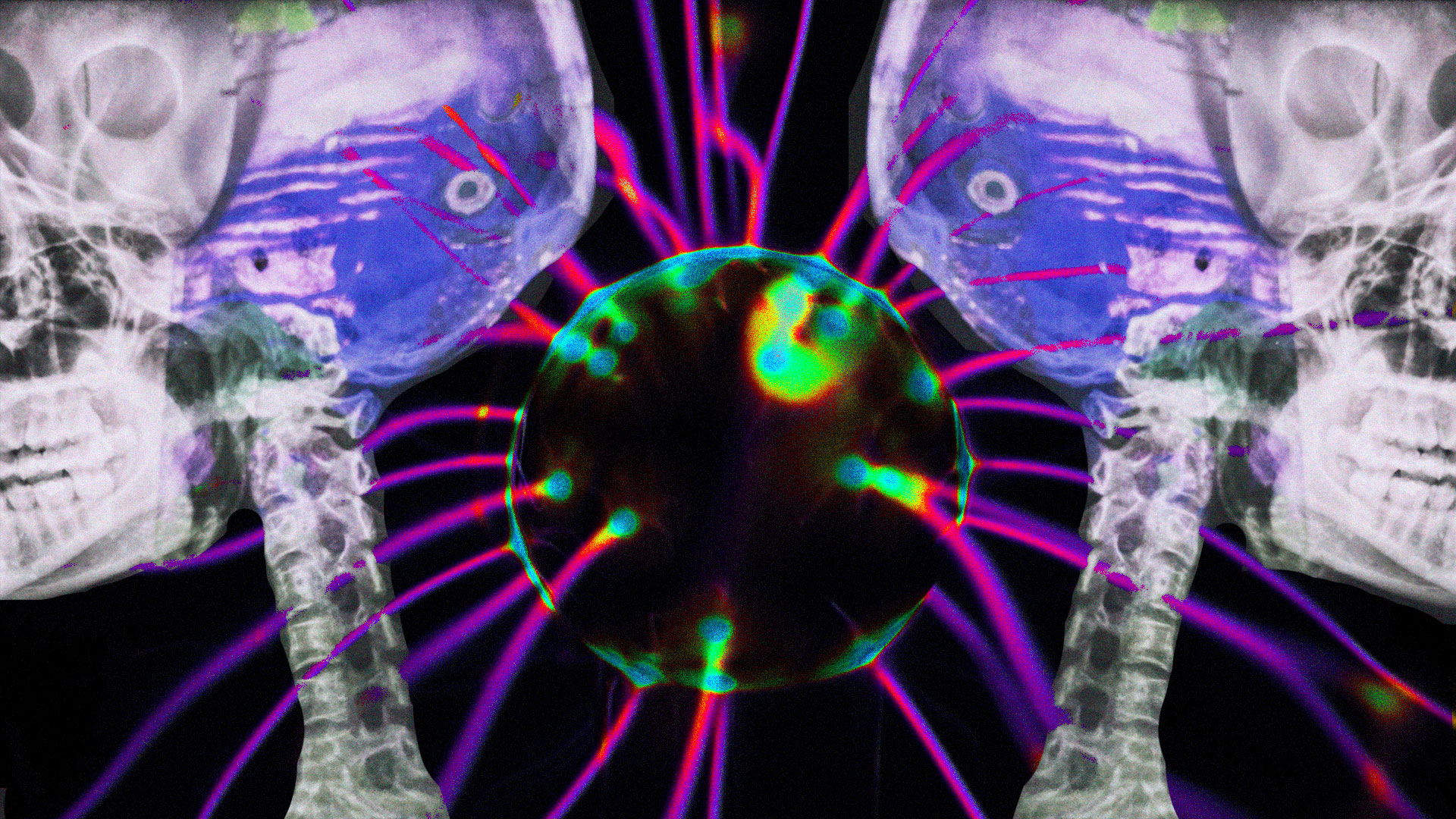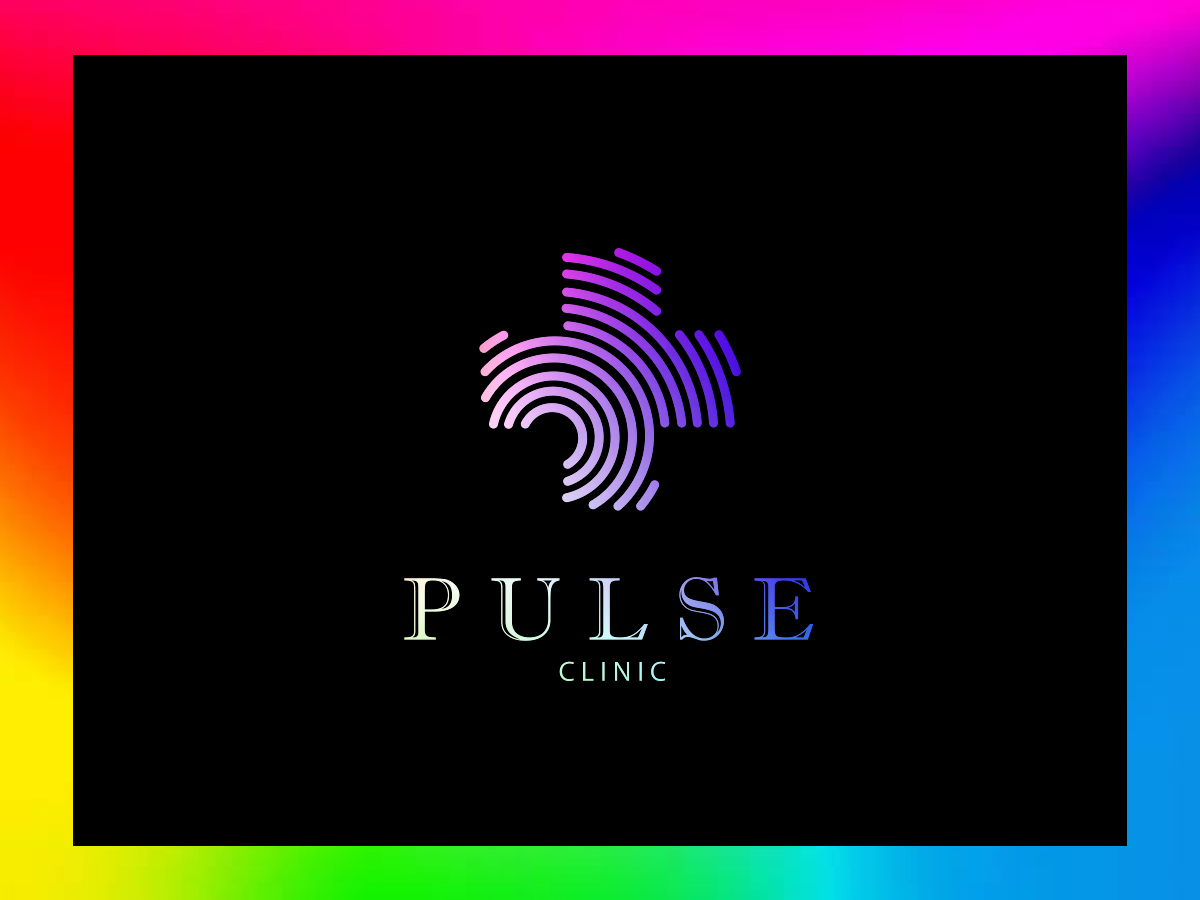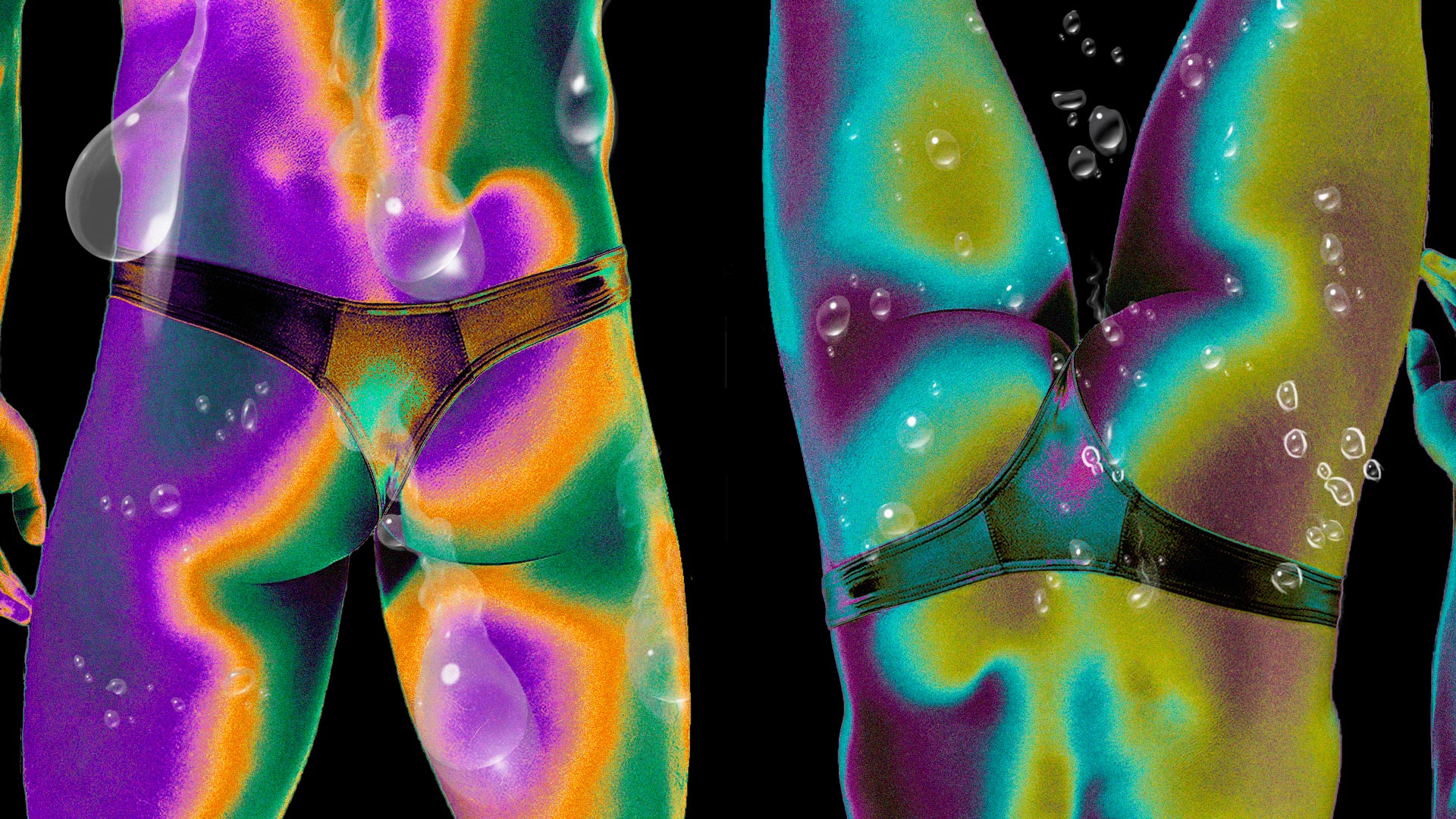Ass Juice Part 4 - Getting To Know Acetylcholine
9586
Acetylcholine is a neurotransmitter, or brain chemical, that plays a role in many key aspects of brain function, such as memory, thinking and learning

In recent years, nootropics, also called smart drugs, have gained popularity among people looking to improve their mental performance.
Acetylcholine is a neurotransmitter, or brain chemical, that plays a role in many key aspects of brain function, such as memory, thinking, and learning. Not limited to that, it also help our body produce and release the ASS JUICE.
What Is Acetylcholine?
Acetylcholine is a molecule that functions as a neurotransmitter (chemical messenger) in your body. This means it relays messages from your brain to your body through nerve cells to “communicate” with other neurons. (1). It’s produced from acetyl coenzyme A, which comes from the sugar molecule glucose, and choline, with the help of an enzyme called choline acetyltransferase (1).
In 1914, it was the very first neurotransmitter to be identified within the brain (10-11). Researchers have found that acetylcholine acts on the entire nervous system and plays a large variety of roles throughout the brain. It has many important functions in the body and plays a role in muscle movement, thinking, working memory, and many other brain functions (2,3).
But it’s most commonly associated with improved memory and learning (12-13). The brain actually needs enough acetylcholine to form memories. Research shows that acetylcholine plays a central role in synaptic plasticity, which is a process in the brain that allows brain cells to store new information and memories (14).
What’s also interesting is that acetylcholine levels have even been shown to rise during REM sleep, which is the stage of sleep when humans “store and consolidate” new memories (15-17).
New studies suggest it helps you stay awake, alert and focused (18-19).
In fact, some stimulant drugs such as amphetamines and cocaine increase the activity of acetylcholine in the brain, and researchers think acetylcholine may be responsible for the wakefulness-promoting effects of these drugs (20).
Lastly – but perhaps most importantly – acetylcholine can promote relaxation by stimulating the vagus nerve. Research shows that acetylcholine can stimulate vagus nerve activity, which can reduce brain inflammation and improve cognitive function and mental health (21, 25). Surprisingly, acetylcholine is the main neurotransmitter of the “rest-and-digest” parasympathetic nervous system. It activates the parasympathetic nervous system and counteracts “fight-or-flight” tendencies (22-24).
Conversely, low acetylcholine levels have been linked to learning and memory impairments, as well as brain disorders, such as dementia and Alzheimer’s disease.
How To Increase Acetylcholine Levels
Though acetylcholine plays a key role in many aspects of your health, there are no dietary supplements that can directly increase its levels.
However, you can eat foods or take dietary supplements that indirectly increase the release of acetylcholine or inhibit its breakdown.
One of the easiest ways to raise acetylcholine levels is to consume foods or take dietary supplements that are high in choline — an essential nutrient that can be converted into acetylcholine (1).
Choline is present in many foods, including (4):
- Beef liver: 3 ounces (85 grams) contain 65% of the Daily Value (DV).
- Egg: 1 large hard-boiled egg contains 27% of the DV.
- Beef top round: 3 ounces (85 grams) contain 21% of the DV.
- Soybeans, roasted: 1/2 cup (86 grams) contains 19% of the DV.
- Chicken breast, roasted: 3 ounces (85 grams) contain 13% of the DV.
- Fish, cod: 3 ounces (85 grams) contain 13% of the DV.
- Shiitake mushrooms, cooked: 1/2 cup (73 grams) contains 11% of the DV.
- Kidney beans, canned: 1/2 cup (128 grams) contains 8% of the DV.
- Quinoa, cooked: 1 cup (185 grams) contains 8% of the DV.
- Milk, 1%: 1 cup (240 mL) contains 8% of the DV.
- Vanilla yogurt, nonfat: 1 cup (245 grams) contains 7% of the DV.
- Broccoli, boiled: 1/2 cup (78 grams) contains 6% of the DV.
- Brussels sprouts, boiled: 1/2 cup (78 grams) contains 6% of the DV.
Dietary supplements that can increase choline levels include alpha-GPC (L-alpha-glycerylphosphorylcholine), citicoline (CDP-choline), and choline bitartrate.
However, alpha-GPC and citicoline are typically higher in choline content per unit weight and are more easily absorbed than other forms (5, 6).
Another way you can indirectly increase acetylcholine levels is by taking supplements that inhibit enzymes that break down acetylcholine.
Certain supplements that may inhibit acetylcholine breakdown include (7, 8, 9):
- Ginkgo biloba (ginkgo)
- Bacopa monnieri
- huperzine A
Choline and Healthful Diets
The federal government’s 2015–2020 Dietary Guidelines for Americans notes that “Nutritional needs should be met primarily from foods. Foods in nutrient-dense forms contain essential vitamins and minerals and also dietary fiber and other naturally occurring substances that may have positive health effects. In some cases, fortified foods and dietary supplements may be useful in providing one or more nutrients that otherwise may be consumed in less-than-recommended amounts.”
Get a monthly life hack direct from the doctor to your inbox. Subscribe. Like. Follow. Share :)
The Best Choline Supplements to Increase Acetylcholine in the Brain
- Eggs are one of the richest food sources of choline. And research shows that eating eggs can lead to a significant increase in choline levels in the blood and in the brain (26-27).
- Citicholine, Since choline helps produce acetylcholine, citicoline also increases acetylcholine in the brain (28, 29-30).
- Alpha GPC, One study found that it increases levels of acetylcholine in the frontal cortex region of the brain, which improves memory, judgment and decision making (31).
- Pantethine can lead to an increase in the synthesis of acetylcholine in the brain (32-34).
- Acetyl-L-carnitine (ALCAR) it is the precursor to acetylcholine and increases levels of acetylcholine in the brain. It also activates acetylcholine receptors in the brain (35).
- Zinc (an essential mineral for brain and sexual health). Zinc significantly inhibits acetylcholinesterase, an enzyme that breaks down and reduces acetylcholine. As a result, it increases acetylcholine levels (36).
- Epigallocatechin-3-Gallate (EGCG) is the main polyphenol found in green tea. Research shows that EGCG improves cognitive function by increasing cholinergic neurotransmission in the brain (37). Research shows that you can enhance the absorption and availability of EGCG by taking it with Vitamin C.
- Magnesium is a vital mineral that participates in more than 300 biochemical reactions in your body.
- Manganese is an important trace mineral for human health. Manganese has been shown to increase the synthesis of acetylcholine (38) and it acts as a cofactor, helping many enzymes carry out their functions in the body.
- Curcumin is the most heavily researched compound within turmeric, the spice that gives curry its yellow colour.
Curcumin has also been shown to enhance the activity of acetylcholine in the brain (39-40).
Does Excercise Increase Acetylcholine?
Exercise Training Increases Acetylcholine, stimulated Endothelium-derived Nitric Oxide Release
What Happens If You Have Too Much Acetylcholine?
Excessive accumulation of acetylcholine (ACh) at the neuromuscular junctions and synapses causes symptoms of both muscarinic and nicotinic toxicity. These include cramps, increased salivation, lacrimation, muscular weakness, paralysis, muscular fasciculation, diarrhea, and blurry vision. (41-42)
REFERENCES
- https://www.ncbi.nlm.nih.gov/books/NBK11143/
- https://pubmed.ncbi.nlm.nih.gov/28791706/
- https://pubmed.ncbi.nlm.nih.gov/17011181/
- https://ods.od.nih.gov/factsheets/Choline-HealthProfessional/
- https://pubmed.ncbi.nlm.nih.gov/17331541/
- https://pubchem.ncbi.nlm.nih.gov/compound/CDP-choline
- https://pubmed.ncbi.nlm.nih.gov/23177260/
- https://pubmed.ncbi.nlm.nih.gov/23772955/
- https://pubmed.ncbi.nlm.nih.gov/22941287/
- https://www.ncbi.nlm.nih.gov/pmc/articles/PMC3026477/
- https://www.ncbi.nlm.nih.gov/pubmed/4403272/
- https://www.ncbi.nlm.nih.gov/pmc/articles/PMC2659740/
- https://en.wikipedia.org/wiki/Acetylcholine
- https://www.ncbi.nlm.nih.gov/pmc/articles/PMC2659740/
- https://www.ncbi.nlm.nih.gov/pubmed/10071091
- https://www.ncbi.nlm.nih.gov/pubmed/10808142
- https://www.ncbi.nlm.nih.gov/pubmed/16183137
- https://www.ncbi.nlm.nih.gov/pubmed/10808142
- https://www.ncbi.nlm.nih.gov/pubmed/16183137
- https://www.ncbi.nlm.nih.gov/pubmed/16183137
- https://www.ncbi.nlm.nih.gov/pmc/articles/PMC3859808/
- https://www.ncbi.nlm.nih.gov/pmc/articles/PMC6150928/
- https://pubmed.ncbi.nlm.nih.gov/30969605/
- https://www.ncbi.nlm.nih.gov/pubmed/20060422
- https://www.ncbi.nlm.nih.gov/pmc/articles/PMC4540232/
- https://www.ncbi.nlm.nih.gov/books/NBK209058/
- https://www.ncbi.nlm.nih.gov/pmc/articles/PMC2782876/
- https://www.ncbi.nlm.nih.gov/pubmed/18289004
- https://www.ncbi.nlm.nih.gov/pubmed/15005642
- https://www.ncbi.nlm.nih.gov/pmc/articles/PMC4061873/
- https://www.ncbi.nlm.nih.gov/pubmed/21195433
- https://www.ncbi.nlm.nih.gov/pubmed/21195433
- https://www.ncbi.nlm.nih.gov/pubmed/19685700
- https://journals.sagepub.com/doi/pdf/10.1177/1533210110392944
- https://www.ncbi.nlm.nih.gov/pubmed/2215852
- https://www.ncbi.nlm.nih.gov/pubmed/16243721
- https://www.ncbi.nlm.nih.gov/pubmed/22366543
- https://www.ncbi.nlm.nih.gov/pmc/articles/PMC1393682/pdf/jphysiol01485-0019.pdf
- https://www.ncbi.nlm.nih.gov/pubmed/29341902
- https://www.ncbi.nlm.nih.gov/pubmed/29339457
- https://www.ncbi.nlm.nih.gov/books/NBK482433/#
- https://pubmed.ncbi.nlm.nih.gov/16377829/
Get a monthly life hack direct from the doctor to your inbox. Subscribe. Like. Follow. Share :)






